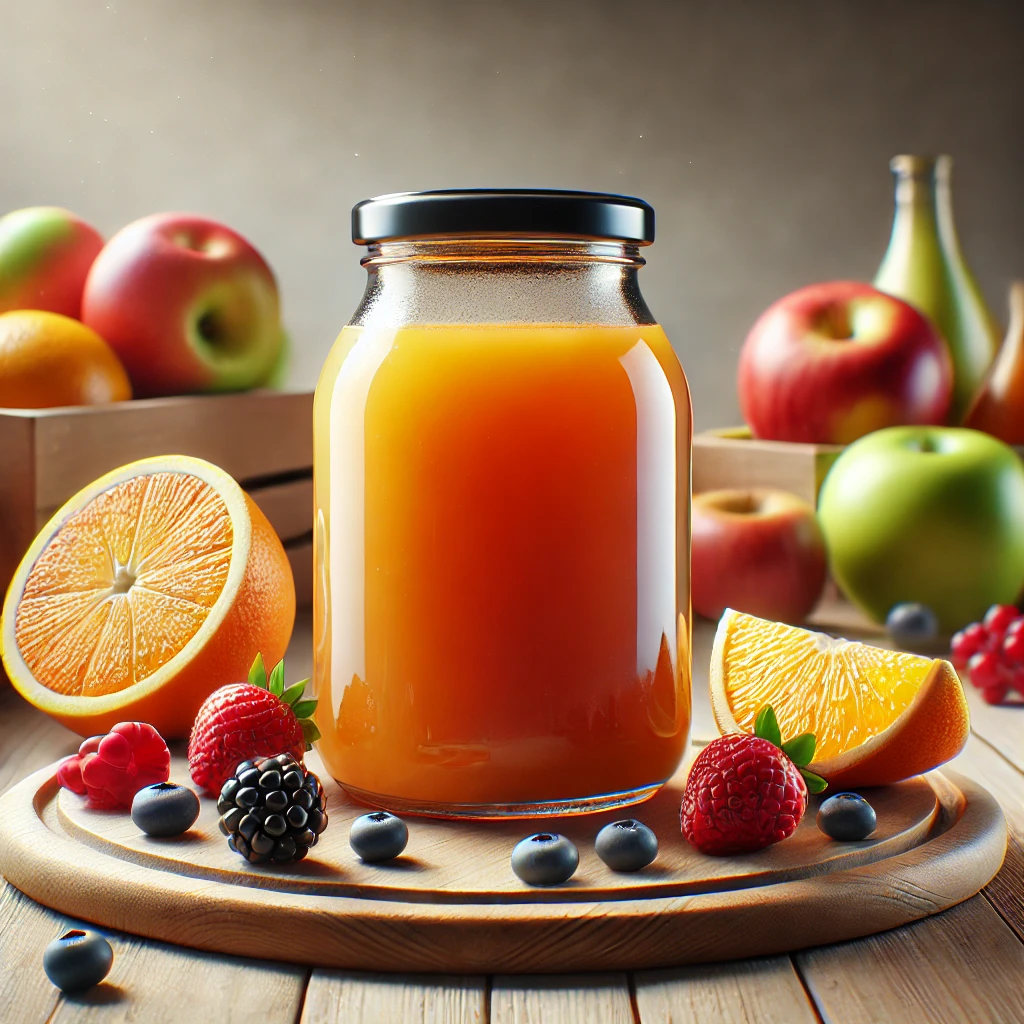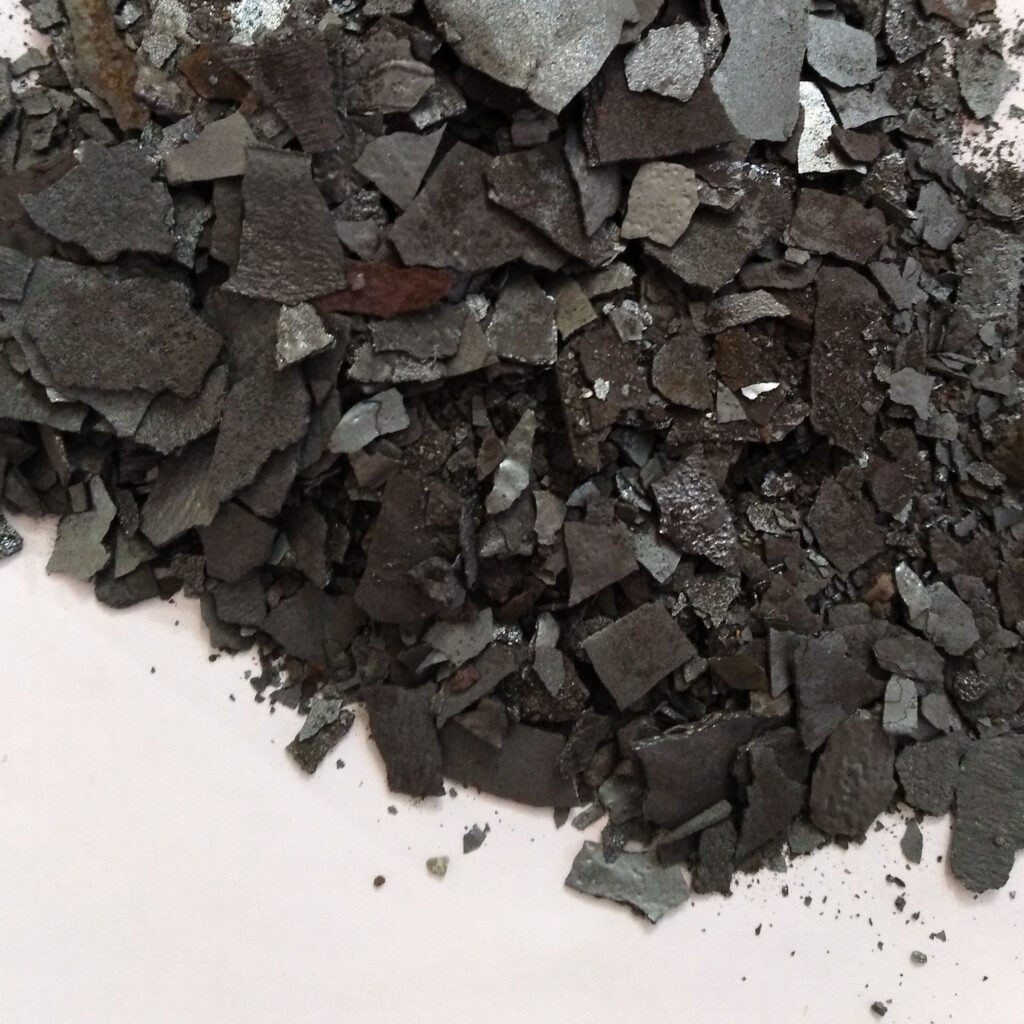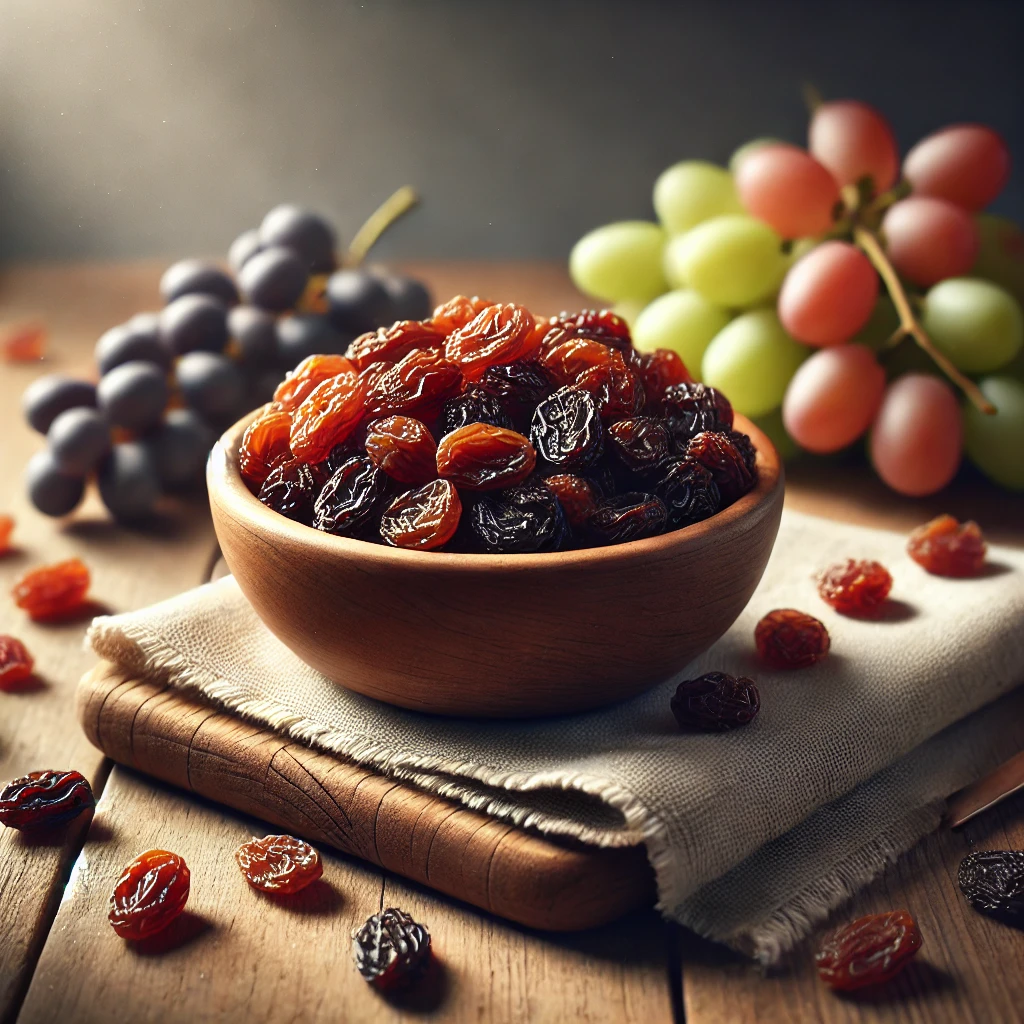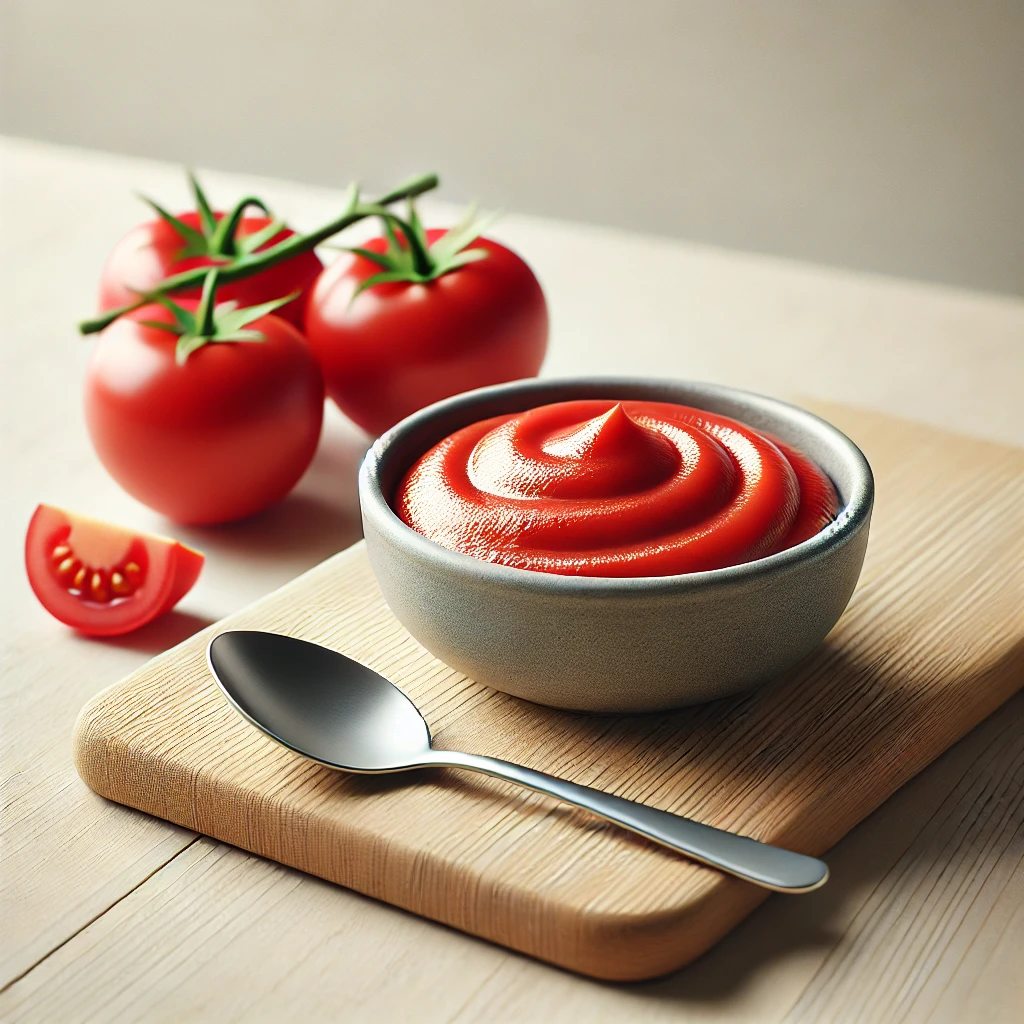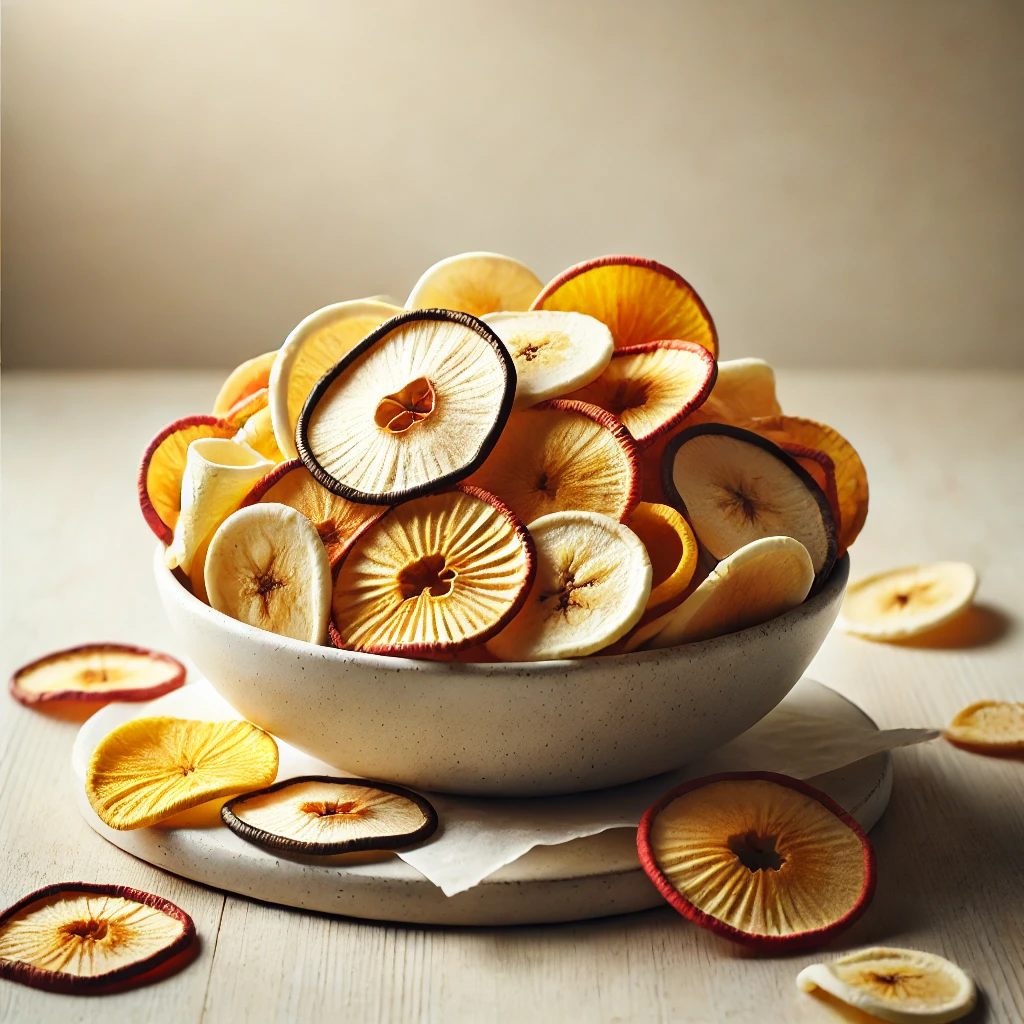Fruit concentrate has become a staple ingredient in a wide range of food and beverage products. Known for its rich flavor and versatility, fruit concentrate is a convenient way to enjoy the essence of fresh fruits all year round. In this article, we will explore the key benefits of fruit concentrate, its diverse applications, and the reasons why you should buy fruit concentrate, particularly from high-quality sources.
What is Fruit Concentrate?
Fruit concentrate is a processed form of fruit juice that has been stripped of its water content, leaving behind a dense, nutrient-rich liquid. This process not only preserves the flavor and nutritional value of the fruit but also extends its shelf life and makes it easier to transport.
Key characteristics of fruit concentrate include:
- High Nutrient Density: Retains essential vitamins, minerals, and antioxidants found in fresh fruit.
- Long Shelf Life: Can be stored for extended periods without spoiling.
- Versatility: Used as a base for a variety of products, including juices, desserts, and sauces.
Why Buy Fruit Concentrate?
There are several reasons to invest in high-quality fruit concentrate for your home or business needs:
1. Convenience
Fruit concentrate eliminates the need for fresh fruit preparation, saving time and effort in the kitchen. Whether you’re making a smoothie or a marinade, it provides an instant burst of flavor.
2. Cost-Effective
Buying fruit concentrate is often more economical than purchasing fresh fruits, especially when certain fruits are out of season.
3. Consistency
Fruit concentrate ensures a consistent flavor profile, which is especially important for businesses in the food and beverage industry.
4. Space-Saving
Unlike fresh fruit, which can take up considerable storage space, fruit concentrate is compact and easy to store.
5. Wide Availability
You can easily buy fruit concentrate from reputable sources worldwide, including premium-quality fruit concentrates from Iran, known for their vibrant flavors and high standards.
Applications of Fruit Concentrate
The versatility of fruit concentrate makes it a favorite ingredient in both home kitchens and commercial settings. Here are some of its most common uses:
1. Beverages
Fruit concentrate is a key ingredient in juices, smoothies, cocktails, and flavored waters. It provides a natural, rich taste without the need for artificial sweeteners or additives.
2. Desserts and Baked Goods
From fruit-flavored cakes and pastries to ice creams and sorbets, fruit concentrate adds depth and sweetness to desserts. It’s also a popular ingredient in jams, jellies, and fillings.
3. Sauces and Marinades
Use fruit concentrate as a base for savory sauces and marinades. For example, pomegranate concentrate is perfect for glazing meats or creating tangy salad dressings.
4. Baby Food
High-quality fruit concentrates are often used in baby food products due to their natural sweetness and nutritional value.
5. Health and Wellness Products
Many health drinks, protein shakes, and energy bars incorporate fruit concentrate for its concentrated nutrients and flavors.
6. Industrial Applications
In the food industry, fruit concentrate is used in the production of candies, syrups, and flavored yogurts. It’s also a common ingredient in ready-to-eat meals and sauces.
Fruit Concentrate and Human Health
In addition to its culinary applications, fruit concentrate offers several health benefits:
1. Rich in Antioxidants
Fruit concentrate retains antioxidants like vitamin C and polyphenols, which help combat free radicals and reduce oxidative stress in the body.
2. Boosts Immunity
Packed with vitamins and minerals, fruit concentrate supports the immune system and helps prevent common illnesses.
3. Promotes Digestive Health
Many fruit concentrates, such as apple and prune, are high in dietary fiber, which aids digestion and promotes gut health.
4. Energy Booster
The natural sugars in fruit concentrate provide a quick and healthy energy boost, making it an excellent pre-workout snack or mid-day pick-me-up.
5. Supports Heart Health
Fruit concentrates rich in potassium, like orange or pomegranate, help regulate blood pressure and support cardiovascular health.
6. Weight Management
Low-calorie fruit concentrates are ideal for weight-conscious individuals looking to satisfy their sweet cravings without overindulging.
How to Buy Quality Fruit Concentrate
When purchasing fruit concentrate, it’s important to choose a product that meets your specific needs and quality standards. Here are some tips:
1. Check the Ingredients
Opt for fruit concentrates with minimal added sugars and no artificial preservatives. The label should ideally list 100% fruit as the primary ingredient.
2. Origin Matters
Consider the source of the fruit concentrate. For instance, Iran is renowned for producing premium-quality fruit concentrates like pomegranate, apple, and cherry, thanks to its ideal climate and agricultural practices.
3. Certifications
Look for products that are certified organic or non-GMO to ensure the highest standards of quality and sustainability.
4. Packaging
Choose fruit concentrates packaged in airtight containers to preserve freshness and prevent contamination.
5. Reputation of the Seller
Buy from trusted suppliers or brands that have a track record of delivering high-quality products.
Conclusion
Fruit concentrate is a versatile and nutritious ingredient that enhances the flavor and nutritional value of a variety of dishes and beverages. Whether you’re a home cook looking to simplify meal preparation or a business seeking consistent and high-quality ingredients, fruit concentrate is a valuable addition to your pantry.
Ready to explore the possibilities? Buy fruit concentrate from reliable sources and experience the convenience, flavor, and health benefits it brings to your kitchen. From its diverse applications to its positive impact on health, fruit concentrate is a staple that deserves a permanent place in your culinary toolkit.
